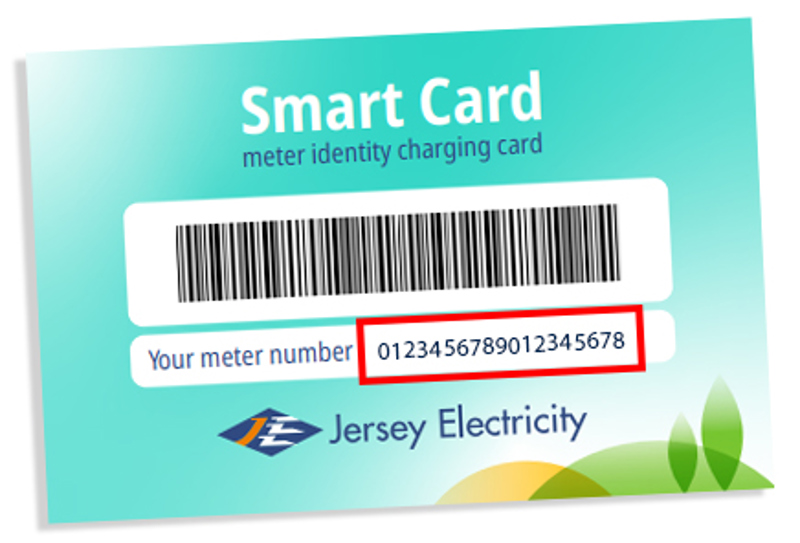Electricity demand has just broken records for the third sussessive day, peaking at 178MW at 12.30 this lunchtime. This follows last night's 175MW and Tuesday's peak of 165MW. Until this week the record for Jersey was 161MW which as stood since 2 February 2012. Last year’s peak was 154MW on 26 January. JE Operations Director Mark Preece predicted Tuesday's record could be surpassed again as temperatures plummeted and snow swept in. ‘Peak will typically only last for a few minutes,’ said Mr Preece. ‘It could be when lots of people put their kettles on at the same time after already having their heating high and other appliances on. We’ve seen it in the past during the commercial break in a popular TV programme or at the end of a big televised sporting occasion. We also saw demand spike in March 2013 when children were sent home from school early during the last big snow storms here.

A scene from March 2013 when snow paralysed the Island and our Distribution Engineers battled to restore overhead supplies
Electricity demand has just broken records for the third sussessive day, peaking at 178MW at 12.30 this lunchtime. This follows last night's 175MW and Tuesday's peak of 165MW. Until this week the record for Jersey was 161MW which as stood since 2 February 2012. Last year’s peak was 154MW on 26 January. JE Operations Director Mark Preece predicted Tuesday's record could be surpassed again as temperatures plummeted and snow swept in. ‘Peak will typically only last for a few minutes,’ said Mr Preece. ‘It could be when lots of people put their kettles on at the same time after already having their heating high and other appliances on. We’ve seen it in the past during the commercial break in a popular TV programme or at the end of a big televised sporting occasion. We also saw demand spike in March 2013 when children were sent home from school early during the last big snow storms here.
‘We have seen the load steadily increase over the past week 154MW, 159MW and so on as temperatures have fallen. We have the technology that can accurately predict demand in relation to the weather forecast so we can be prepared in advance. Our three undersea supply cables are currently run at 200MW which can more than meet this demand but as we share that supply with Guernsey, we can also supplement imports and protect the cables from stress with on-Island generation at La Collette. The last two nights we have operated two of our four 11MW Sulzer Diesel generators for a few hours between 6pm and 10pm. It was nice that our longest serving member of Staff, John Smith, who has served Jersey Electricity for 44 years, worked his last ever night shift on Production on Wenesday's record night. We constantly maintain La Collette and the Production Team in the unlikely event of disruption to imported supplies.'
Jersey Electricity sold 621 million units of electricity last year, around a third of which came from hydro-electric sources in France. While a typical house with electric heating may use around 10,000 units (kWhs) a year, its peak demand could be 20kWs at a given time if, for example, a 14kW boiler was in use, along with lots of other household appliances at the same time, then you put the kettle on while doing the washing and ironing. The grid has to be maintained to a high standard to react to this varying demand. Jersey Electricity offers several discounted off-peak tariffs which not only make electric heating systems economical to run but also help to level the load through off-peak times and even out those peaks and troughs. This, in turn, helps to protect the network and manage maintenance costs which are met through revenues from unit sales.
Though Jersey Electricity, like any power supplier, cannot guarantee supplies 100% of the time, its reliability record is good, recording just eight Customer Minutes Lost (CMLs) averaged among all customers last year compared with 74 CMLs in the UK.
As always during periods of severe weather warnings, Jersey Electricity has crews of Distribution Engineers on standby throughout the night to deal with overhead line damage, icing and electrical faults. The emergency number is 505050.







